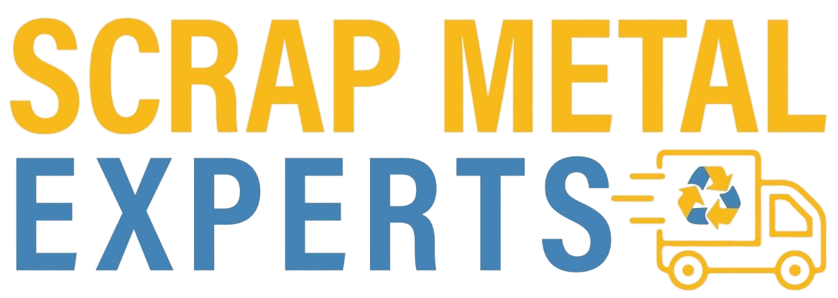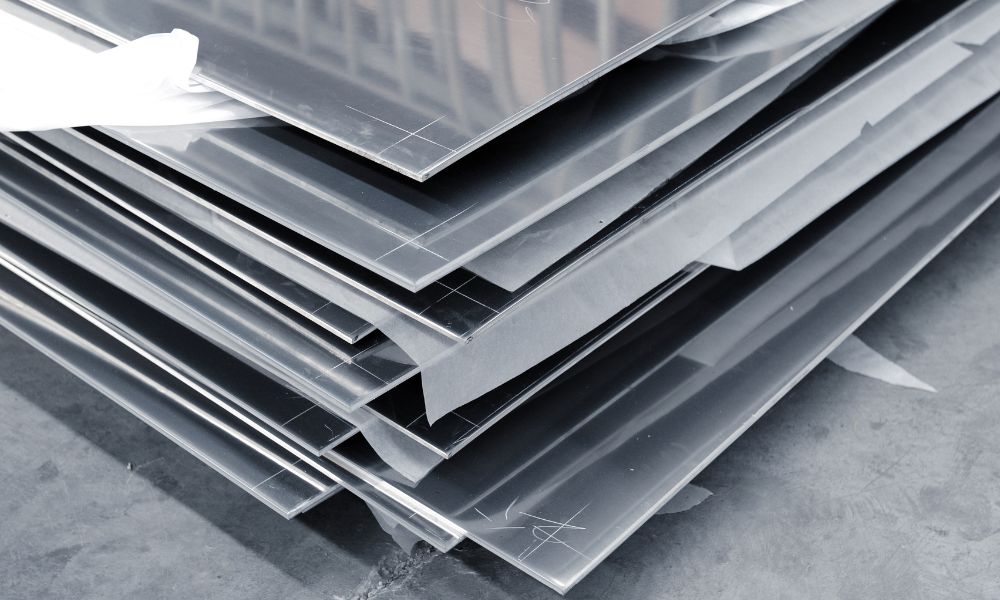Aluminium Scrap Prices Sydney Today
Selling aluminium scrap in Sydney can be a smart way to earn extra cash, especially with demand for metal steadily growing across various industries. Whether you’re a homeowner clearing out old materials, a business with regular scrap output, or a contractor dealing with leftover building supplies, knowing what your scrap is worth today is key to maximising your return. The price of aluminium scrap can vary significantly depending on factors such as type, quantity, and market demand.
In this guide, we’ll break down the current aluminium scrap prices in Sydney, explore the main factors that influence pricing, and offer practical tips to help you get the best deal. With a clearer understanding of how the market works, you’ll be better equipped to sell your scrap at the right time, to the right buyer, and for the right price.
Understanding Aluminium Scrap
Aluminium is a lightweight, corrosion-resistant metal that’s highly valued across many industries due to its durability and flexibility. Found in everything from kitchenware and car parts to construction materials and electrical components, it’s one of the most used metals in modern manufacturing. When these items reach the end of their life, they become valuable sources of aluminium scrap.
There are several types of aluminium scrap and knowing what kind you have can make a big difference in what you earn. For example, extruded aluminium comes from structural pieces like window and door frames, while cast aluminium is found in engine blocks and cookware. Domestic aluminium includes household items such as pots and utensils, and aluminium cans are common in food and beverage packaging. Each type varies in purity and how easy it is to process, which is why correct identification is essential for getting the best price.
Factors Influencing Aluminium Scrap Prices in Sydney
The price you receive for your aluminium scrap in Sydney fluctuates based on several key factors that influence both the supply and demand sides of the market. Below are the primary factors that determine how much you can get for your aluminium scrap:
- Global Market Demand: One of the biggest drivers of aluminium scrap prices is the international market. Aluminium is a globally traded commodity, and its price is heavily influenced by worldwide industrial activity.
- Local Supply and Demand: While the global market sets the broader trend, the local supply and demand in Sydney also play a major role. If there’s a surplus of aluminium scrap in the area, local buyers may lower their offers due to having too much inventory. Conversely, when scrap becomes scarce and manufacturers are in urgent need of aluminium to meet production deadlines, they may be willing to pay a premium.
- Quality and Purity: Not all aluminium scrap is created equal, and buyers are quick to differentiate between clean and contaminated materials. Scrap that’s free from paint, plastic, rubber, or other non-metallic elements is considered high quality and commands a better price.
- Quantity: The volume of aluminium scrap you’re selling also affects how much you’ll get per kilogram. Dealers often offer more competitive pricing for bulk quantities, since it reduces their logistical and processing costs.
- Processing Costs: Every piece of aluminium scrap needs to be sorted, cleaned, and melted down before it can be reused. The less work a buyer has to do to process your scrap, the more they are likely to pay
Current Aluminium Scrap Prices in Sydney (As of May 2025)
| Aluminium Type | Price Range (AUD per kg) | Notes |
| Extruded Aluminium | $1.29 – $2.20 | Clean profiles from window frames, etc. |
| Cast Aluminium | $0.94 – $1.04 | Engine blocks, cookware |
| Domestic Aluminium | $0.93 – $1.80 | Mixed household items |
| Aluminium Cans | $0.76 – $0.84 | Beverage containers |
| Aluminium Turnings | $0.50 | Machine shop shavings |
| Aluminium with Copper | $1.34 | Mixed materials, e.g., cables |
Note: Prices are indicative and subject to change based on market conditions and scrap quality.
Tips for Maximising Your Aluminium Scrap Value
If you want to make the most money from your aluminium scrap in Sydney, preparation and timing are key. Small steps like sorting, cleaning, and understanding market trends can make a big difference in the price you’re offered. Here are five practical tips to help you maximise your scrap value:
- Sort Your Scrap: Different types of aluminium like extruded, cast, and domestic have different values, so mixing them together can lower your total price. Sorting your scrap into clearly defined categories helps scrap dealers process it more efficiently and offer you the correct rate for each type. This simple effort on your part can lead to noticeably better returns.
- Clean Your Scrap: Buyers pay more for aluminium that is free from contamination like paint, plastic, rubber, or screws. Taking the time to clean and strip down your scrap improves its purity, making it easier to process and therefore more valuable. The cleaner your load, the better the price you’re likely to receive.
- Sell in Bulk: Scrap yards often offer higher rates per kilogram to those who bring in large quantities. Accumulating your aluminium over time before selling can help you reach a volume that qualifies for bulk pricing. This approach is especially effective for businesses or regular scrap collectors.
- Stay Informed: Aluminium prices can fluctuate due to local and global market conditions, so it’s smart to monitor rates regularly. Being aware of current trends helps you time your sale for when prices are highest. A little research can lead to a significantly better payout.
- Choose Reputable Buyers: Not all scrap metal dealers in Sydney offer the same level of fairness or transparency. Working with licensed, well-reviewed buyers ensures that you get a competitive rate and professional service. Trusted dealers are also more likely to provide accurate weights and honest pricing.
Conclusion
Selling aluminium scrap in Sydney can be more profitable than you might think especially when you’re armed with the right knowledge. As we’ve explored, prices vary based on several important factors such as global demand, local supply, and the quality and type of aluminium you have. By understanding these dynamics and staying informed about current market rates, you’re already one step ahead of the average seller. To truly maximise your returns, make sure to sort and clean your scrap, sell in bulk where possible, and always choose reputable, licensed buyers. These simple but effective steps can lead to better pricing, smoother transactions, and greater overall satisfaction.

